This week Wellington gets a chance to farewell one of the titans of world cinema, an inspiration to many, derided by a few; an icon who walked his own idiosyncratic path. I am, of course, talking about Rocky Balboa, kind-hearted dim-bulb and possessor of one of the great loves in cinema: his adoration of Adrian (Talia Shire) remains undiminished even though her cancer left him a widower a few years between Rocky V and this new one.
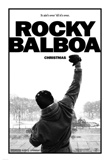 The Rocky of I and II was always a great character, led astray during the blockbuster years, and Rocky Balboa gives him back to us. It’s well written and self-aware and, as a bonus, there’s hardly any boxing in it.
The Rocky of I and II was always a great character, led astray during the blockbuster years, and Rocky Balboa gives him back to us. It’s well written and self-aware and, as a bonus, there’s hardly any boxing in it.
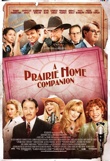 Robert Altman’s A Prairie Home Companion is too nice a film to divide people the way that it does. Having said that, if you are one of those people who switches off National Radio whenever genial raconteur Garrison Keiller Keillor introduces his legendary live radio show then you will find the film version an awful trial. Thrown together in typically-Altman, ramshackle, style and shot, it appears, with no more than half an eye on the finished product, APHC is a delightful, wistful, appreciation of community, nostalgia and the passing of time, the finality of things if you will. It’s only fitting that Altman’s final film, shot while he was riddled with the cancer that would kill him, should be about letting go. I loved it, but then I was probably always going to.
Robert Altman’s A Prairie Home Companion is too nice a film to divide people the way that it does. Having said that, if you are one of those people who switches off National Radio whenever genial raconteur Garrison Keiller Keillor introduces his legendary live radio show then you will find the film version an awful trial. Thrown together in typically-Altman, ramshackle, style and shot, it appears, with no more than half an eye on the finished product, APHC is a delightful, wistful, appreciation of community, nostalgia and the passing of time, the finality of things if you will. It’s only fitting that Altman’s final film, shot while he was riddled with the cancer that would kill him, should be about letting go. I loved it, but then I was probably always going to.
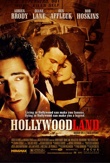 In Hollywoodland Ben Affleck is perfect as wooden actor George Reeves who found fame as television’s first, portly, Superman in the 1950s but who ended up dead of apparently self-inflicted gunshot wounds after a failed attempt at a comeback. The film brings life to the persistent rumours that Reeves’ death was the result of foul play – courtesy of a jealous husband with friends in Hollywood high places.
In Hollywoodland Ben Affleck is perfect as wooden actor George Reeves who found fame as television’s first, portly, Superman in the 1950s but who ended up dead of apparently self-inflicted gunshot wounds after a failed attempt at a comeback. The film brings life to the persistent rumours that Reeves’ death was the result of foul play – courtesy of a jealous husband with friends in Hollywood high places.
Adrien Brody plays a fictional gumshoe on the trail of the mystery and the film tries hard to ride the coat-tails of classics like Chinatown but is too darn slow to keep up, even though it looks the part.
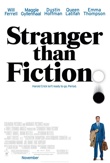 Will Ferrell plays a slightly less demented version of his usual emotionally-retarded man-child in Stranger Than Fiction, a slender but likeable fantasy about a man who discovers he is a character in a novel being written by Emma Thompson. It’s her voice in his head, narrating his life, and no one else can hear it. This is annoying and inexplicable at first, but gets serious when he discovers she wants to kill him off. Chicago looks great (and so does Maggie Gyllenhaal).
Will Ferrell plays a slightly less demented version of his usual emotionally-retarded man-child in Stranger Than Fiction, a slender but likeable fantasy about a man who discovers he is a character in a novel being written by Emma Thompson. It’s her voice in his head, narrating his life, and no one else can hear it. This is annoying and inexplicable at first, but gets serious when he discovers she wants to kill him off. Chicago looks great (and so does Maggie Gyllenhaal).
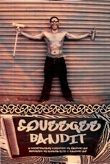 Raucous kiwi documentary Squeegee Bandit follows Auckland street-corner window washer “Starfish” around for a few months, getting to know him, his transitory life and his turf. There’s some interesting meat buried inside this film but the MTV editing, bothersome soundtrack and general noise levels make it harder than it should be to get at. It’s an interesting documentary but difficult to recommend as entertainment.
Raucous kiwi documentary Squeegee Bandit follows Auckland street-corner window washer “Starfish” around for a few months, getting to know him, his transitory life and his turf. There’s some interesting meat buried inside this film but the MTV editing, bothersome soundtrack and general noise levels make it harder than it should be to get at. It’s an interesting documentary but difficult to recommend as entertainment.
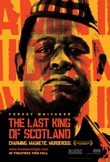 The Last King of Scotland is a fictionalised portrait of Idi Amin, dictator of Uganda from 1971 to 1979 and self-appointed “Excellency President for Life, Field Marshal Al Hadji Doctor Idi Amin, VC, DSO, MC, Lord of All the Beasts of the Earth and Fishes of the Sea, and Conqueror of the British Empire in Africa in General and Uganda in Particular”. To fully appreciate Forest Whitaker’s superb performance check out the real Idi’s eyes in the archive footage at the end of the film and you can see the genuine bat-shit insane paranoia of the man.
The Last King of Scotland is a fictionalised portrait of Idi Amin, dictator of Uganda from 1971 to 1979 and self-appointed “Excellency President for Life, Field Marshal Al Hadji Doctor Idi Amin, VC, DSO, MC, Lord of All the Beasts of the Earth and Fishes of the Sea, and Conqueror of the British Empire in Africa in General and Uganda in Particular”. To fully appreciate Forest Whitaker’s superb performance check out the real Idi’s eyes in the archive footage at the end of the film and you can see the genuine bat-shit insane paranoia of the man.
Printed in Wellington’s Capital Times on Wednesday 14 February, 2007.
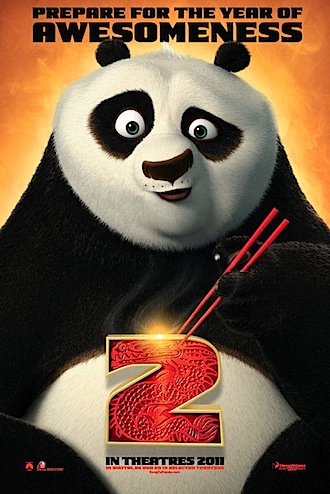
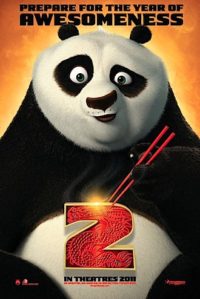 It’s nice to be reminded every now and then that going to to the movies is supposed to be fun. The first Kung Fu Panda film was a boisterous and entertaining treat (“resembles an eight-year-old’s bedroom while they are throwing all their toys around” I said in 2008) and the latest version is an improvement on that, adding a layer of sentiment to the amusing hijinks. It also trucks along for a nothing-wasted 91 minutes and should keep adults and not-yet-adults well and truly amused.
It’s nice to be reminded every now and then that going to to the movies is supposed to be fun. The first Kung Fu Panda film was a boisterous and entertaining treat (“resembles an eight-year-old’s bedroom while they are throwing all their toys around” I said in 2008) and the latest version is an improvement on that, adding a layer of sentiment to the amusing hijinks. It also trucks along for a nothing-wasted 91 minutes and should keep adults and not-yet-adults well and truly amused.
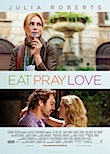
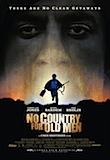
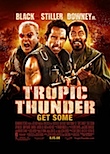
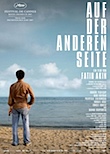


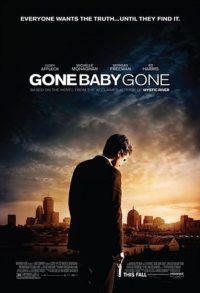
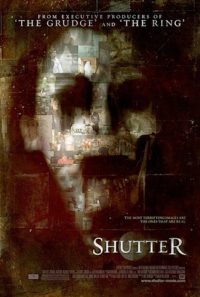 The production line of asian-horror-remakes is still chugging along.
The production line of asian-horror-remakes is still chugging along. 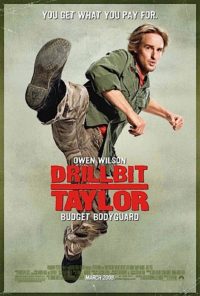 Owen Wilson has been in the news more for his
Owen Wilson has been in the news more for his 




